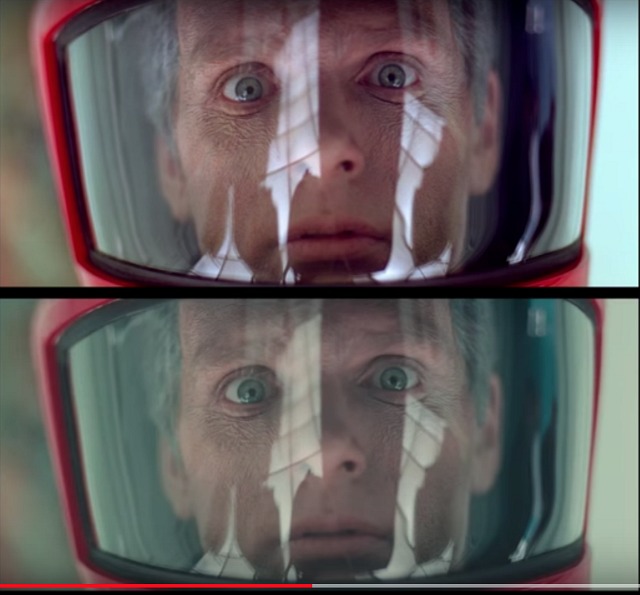
I attended the Christopher Nolan restoration of “2001: A Space Odyssey” at the last Cannes Film Festival. He presented an unrestored 70mm print of Kubrick landmark ahead of a theatrical release which will no doubt have purists first in line to buy tickets. I thought the print was fine, it was more a joyful experience because I was watching Kubrick's masterpiece, one of the greatest movies ever made, on a big screen at the Cannes Film Festival. I mean, if you really want to watch the best quality "2001: A Space Oddysey," you go right ahead and pop that restored 2007 Blu-ray which is exceptional. Jeffrey Wells had a thorough analysis of startling differences between 70mm and Blu-ray.
No, I believe this love for 70mm by purists that still shoot in it like Nolan, Tarantino, Spielberg, Paul Thomas Anderson, Wes Anderson, Darren Aronofsky is all due to nostalgia. Nothing more, nothing less. Don't get me wrong, I love watching a film in 70mm, it's the most sumptuously "cinematic" feeling you can get when you want a chance to re-live the way you used to watch movies in the past, but in terms of the way it makes a movie look, digital is just the way to go and the way of the future. There's no way around it.

Wells’ contrasting example of of the 2007 Bluray capture (above) and the unrestored Nolan version (below). Nolan appeared on The Treatment podcast to discuss his love of "2001" and described celluloid and the photochemical process as “the best analogy for the way the eye sees that’s been invented.”
He's almost trying to defend what some detractors such as Wells have categorized as a lost cause. “There’s a depth to the color, there’s a superiority to the resolution, there’s a depth to the blacks, the contrasts, everything. I mean, there are all kinds of things that digital technology can’t duplicate,” Nolan adds.
“It can do its own version and all that, and there are a lot of filmmakers who respond really well to that and really enjoy that version of imaging, but it’s different. And so when you start looking at film history, and you start looking at ‘2001’ and the experience that I was able to have watching it on an early re-release, to be able to give audiences today that same analog experience, I think it’s very important.”





